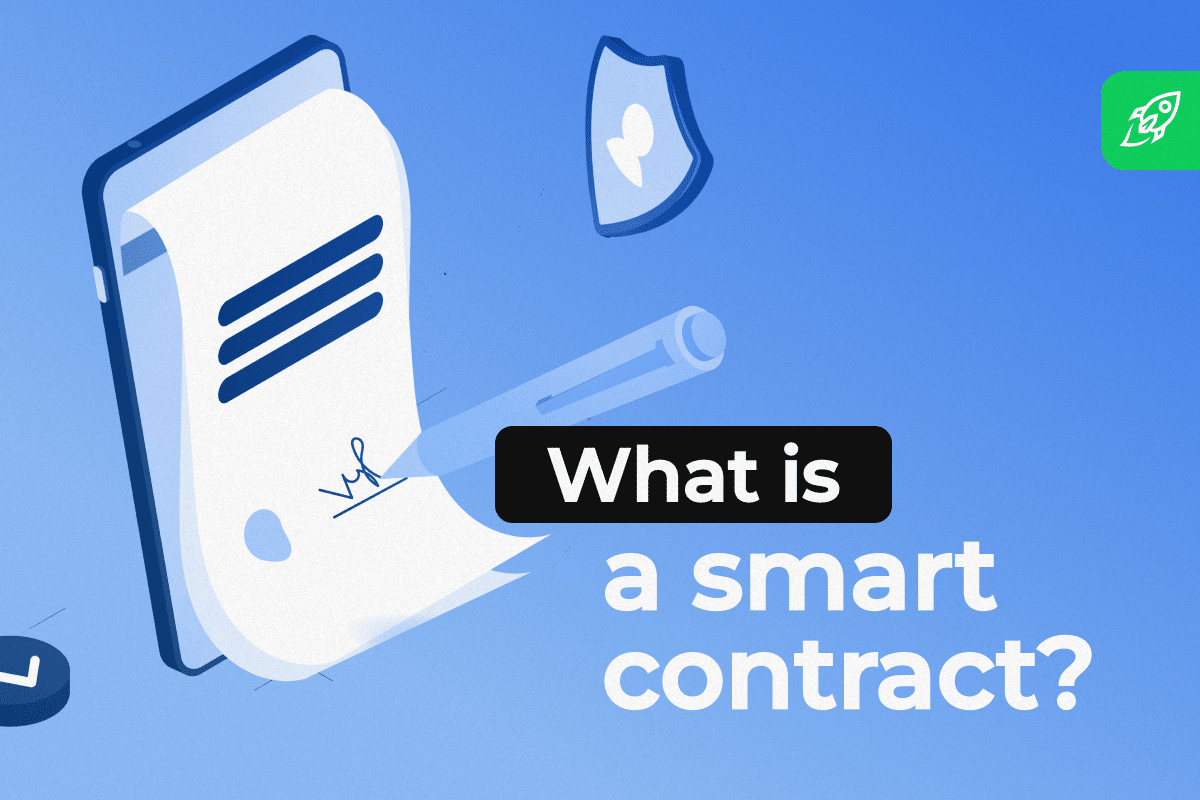Changelly
1M
333

Image Credit: Changelly
What Are Smart Contracts? Everything Crypto Beginners Should Know
- A smart contract is a self-executing program on a blockchain that enforces agreements automatically when conditions are met.
- They eliminate the need for intermediaries like lawyers and banks, operating based on coded instructions that self-execute.
- Smart contracts run on decentralized networks like Ethereum and are transparent, secure, and trustless.
- They power popular applications like Uniswap, Aave, and NFT collections like CryptoPunks.
- Smart contracts automate deals, ensuring faster, cheaper, and more secure transactions without human oversight.
- They follow a simple rule of 'if this, then that' and execute logic automatically, recording outcomes on-chain.
- Smart contracts began as an idea in 1994 by computer scientist Nick Szabo, but gained traction with Ethereum's introduction in 2015.
- Blockchain is essential for smart contracts, providing a secure environment for contracts to run and ensuring transparency and verifiability.
- Various types of smart contracts exist, including legal contracts, dApps, DAOs, multi-signature contracts, and more, each serving different purposes.
- The benefits of smart contracts include speed, efficiency, transparency, security, cost savings, and global reach.
Read Full Article
20 Likes
For uninterrupted reading, download the app